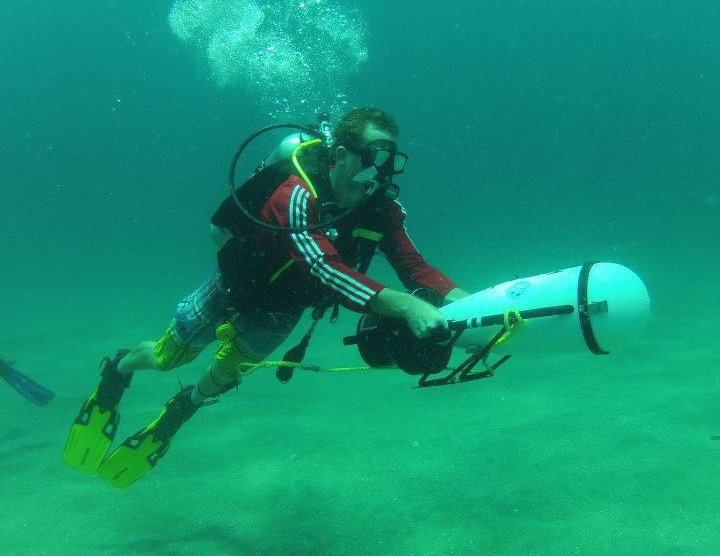Document Type
Article
Publication Title
PLoS ONE
Abstract
Reproduction and recruitment are key processes that replenish marine populations. Here we use the Palau archipelago, in the western Pacific Ocean, as a case study to examine scales of connectivity and to determine whether an oceanographic model, incorporating the complex reef architecture, is a useful predictor of coral recruitment. We tested the hypothesis that the reefs with the highest retention also had the highest densities of juvenile coral density from 80 field sites. Field comparisons showed a significant correlation between the densities of juvenile Acropora colonies and total larval recruitment derived from the model (i.e., calculated as the sum of the densities of larvae that self-seeded and recruited from the other reefs in the archipelago). Long-distance larval imports may be too infrequent to sustain coral populations, but are critical for recovery in times of extreme local stress.
DOI
10.1371/journal.pone.0050998
Publication Date
11-28-2012
Recommended Citation
Golbuu, Y., Wolanski, E., Idechong, J. W., Victor, S., Isechal, A. L., Oldiais, N. W., . . . van Woesik, R. (2012). Predicting coral recruitment in palau's complex reef archipelago. PLoS ONE, 7(11) doi:10.1371/journal.pone.0050998


